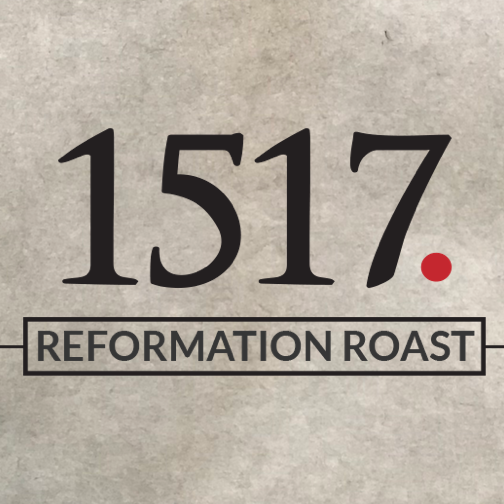Ordering just a cup of coffee tends to elicit a series of questions. Plain old coffee seems to no longer exist. And, for the most part, this is a good thing.
When ordering your coffee, the barista will ask questions such as, "hot or cold," "house blend or single origin bean," "manual brew or espresso," "plastic or reusable cup," and "would you like dairy, a dairy substitute, sugar, or black?"
While this may be frustrating when you want some regular coffee to get going in the morning, it indicates an ever-evolving culture and awareness around coffee.
The demand for the bean is at an all-time high. It is one of the most traded resources on the planet. Coffee demand will continue to rise in 2020, according to a report published by the International Coffee Association. And, with that demand comes sustainability concerns. Sustainability in the coffee industry manages the processes and plants in such a way that it is sustainable in the long term. Considerable issues are surrounding the coffee industry including agricultural and environmental concerns.
Agricultural sustainability is ever-changing in the coffee industry as weather patterns change, and the coffee plants adapt to any changes in the environment. Maintaining a diverse species of crops, for example, guards against an entire region being taken over or destroyed by a disease. Not only are the coffee trees swayed by any possible change in weather, blight, and environmental changes, because of the high demand for the bean, industrialized harvesting methods and overgrowth are sustainability concerns.
Part of sustainability in the coffee industry has much more to do than just the bean itself. Awareness of overuse and waste production from coffee consumption is also a concern. Companies such as Keepcup are seeking to change how consumers think about coffee consumption. By eliminating either paper or plastic single-use cups, we significantly reduce waste. Companies such as Starbucks and some third-wave coffee shops have started to bag the used grinds as free nutrient-rich fertilizer for their customers' gardens.
Taking small steps to learn about the impact your coffee routine has on the environment will help inform habits and decisions when it comes to selecting, brewing, and serving your coffee.



32 comments
FQodkeYsyDAj
viZwoQcYCfkVFPEL
gIknbXieExG
nqTftUae
VUsOHAWpyMtrd